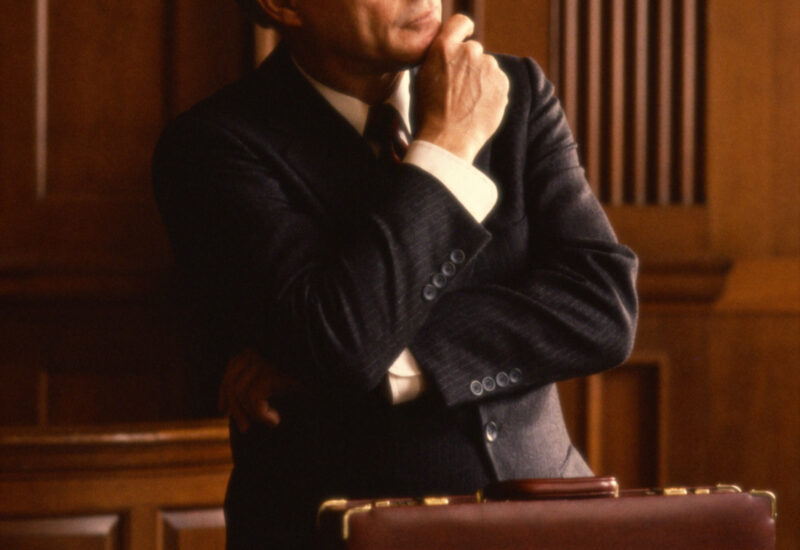
Criminal defendants who haven’t quite reached the age of majority go through a different criminal justice system than the one most people are familiar with. The idea behind having a separate juvenile justice system for minors who commit crimes is that they’re young and have a better chance at straightening out their lives than do adults. There are also concerns about subjecting children to adult punishments, particularly prison.
The age group covered by the juvenile justice system varies from state to state, but in general most courts follow these general guidelines: 1) Minors under the age of seven generally can’t be tried, even in juvenile court. Their parents, however, may be liable, 2) Children between the ages of seven and 15 are prime candidates for juvenile court, 3) Children as young as 12 and as old as 18 are typically taken to juvenile court, but increasingly, prosecutors are trying children in this age group as adults for very serious crimes.
Police officers don’t necessarily have to refer a minor suspect to juvenile court. The leeway a police officer is given depends on the state, but in general they can elect to: 1) Detain the minor and warn about the consequences of committing the crime before releasing the minor, 2) Detain and hold the minor until the minor’s parents or guardians arrive and then release the minor or 3) Take the minor into custody and refer the minor to a juvenile court officer.
Once a case is referred to juvenile court, a juvenile court officer or prosecutor will then make a decision on whether to dismiss the matter, handle the matter “off the record,” or file formal charges for the crime.
Even if a juvenile court officer decides not to formally pursue the matter, they may still require the minor to appear before the officer or a judge. The officer or judge has a great deal of discretion in dealing out informal judgments, and will at the very least lecture the minor. Other potential remedies include requiring counseling, paying a fine, repaying the victim, performing community service or putting the minor on probation. Also, if the juvenile court officer believes that the child has been abused or neglected, he or she may initiate proceedings to remove custody of the child from their parents.
If you or a loved one is in a bind as a result of a criminal charge, immediately contact a Seattle Criminal Attorney. A Criminal lawyer is not going to judge you and understands that everyone makes mistakes. Hiring a Seattle Criminal Lawyer to help can – at a minimum – reduce penalties and can help direct people on how to best deal with their criminal charge, and many times even get them dismissed. So, it should go without saying that someone cited for a misdemeanor or felony should hire a qualified Seattle Criminal Lawyer as soon as possible. Criminal charges can cause havoc on a person’s personal and professional life. Anyone charged with a crime in Washington State should immediately seek the assistance of a seasoned Seattle Criminal Lawyer. SQ Attorneys can be reached at (425) 359-3791 and/or (206) 441-0900.

